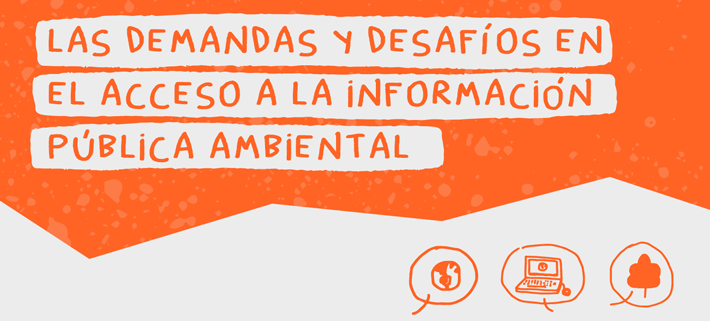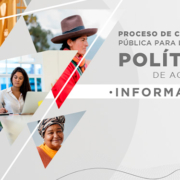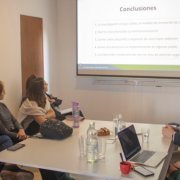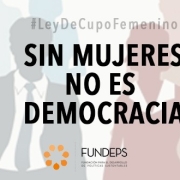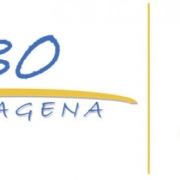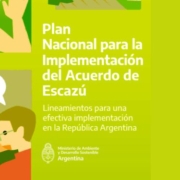The demands and challenges in accessing public environmental information
During the months of October and November, together with the participation of professionals and specialists in On the matter, three synchronous virtual meetings were held where different points related to access to public environmental information and the tools provided by the Escazú Agreement were addressed. Having finished and culminated the project, thanks to the information provided by the participants, the exchanges and debates that took place, we made a series of reflections and questions about the effective fulfillment and exercise of this right.
“Below, we offer a google translate version of the original article in Spanish. This translation may not be accurate but serves as a general presentation of the article. For more accurate information, please switch to the Spanish version of the website. In addition, feel free to directly contact in English the person mentioned at the bottom of this article with regards to this topic”.
The first of the three workshops featured a lecture by María Laura Foradori, lawyer and specialist in Environmental Education, the second with Ana Di Pangracio, lawyer and Executive Director of Farn, and the third, eminently practical, was directed and accompanied by members from the Fundeps team.
During the meetings, by virtue of the expressions and comments that were given, it was possible to notice a great unsatisfied demand from groups of people and civil society organizations that seek to access information associated with numerous environmental problems. Also, indirectly, there is an escalation in socio-environmental conflict, a growing awareness in relation to the importance of caring for the environment and the need to get involved in its protection.
Those demands, in part, are consolidated from the ignorance of the tools and instruments that allow access to public information in general, and environmental information in particular. On the other hand, they can also originate from disbelief in institutional functioning, based on experiences with a high degree of non-compliance when receiving responses. In addition, the need to resort most of the time to legal claims has repercussions on the will of the citizenry, thereby delegitimizing the institutional design that guarantees access to environmental information.
Faced with this scenario, we believe that it is necessary to make institutional adjustments through public policies that make known and bring the tools for access to environmental information to the public. Likewise, it is imperative that improvements be made to ensure that the State complies with its obligation to provide responses.
To make this possible, we propose a series of recommendations and suggestions to the authorities, including updating the Law on Access to Public Information in the province of Córdoba, the creation of an Agency or Office with competence in the matter, improvements in the information request mechanisms so that they are easy to understand and access for citizens, improvement in the response rate to requests for information that are made, training authorities on access to public information as a human right and the implementation of specialized agencies and entities in environmental matters for the monitoring and inspection of all requests for information.
In turn, it is necessary to adapt the regulations for minimum environmental budgets in terms of access to information to the standards of the Escazú Agreement since this reaffirms and reinforces the rights of people to access and participate in environmental matters, environmental democracy and commits the international responsibility of the Argentine State in the event of any breaches.
Finally, we must also highlight the fundamental role assumed by organized civil society and citizens in the exercise of this right. On the one hand, in continuing to provide tools and get involved in exercising this right responsibly and, at the same time, offering alternative solutions to the authorities so that they guarantee the rights contemplated in the Escazú Agreement.
Download report tips and recommendations
More information
Autor
Ananda Lavayén
Contact
Juan Bautista López, juanbautistalopez@fundeps.org

